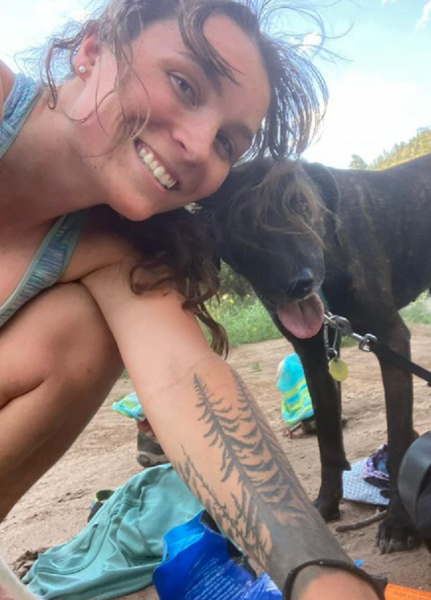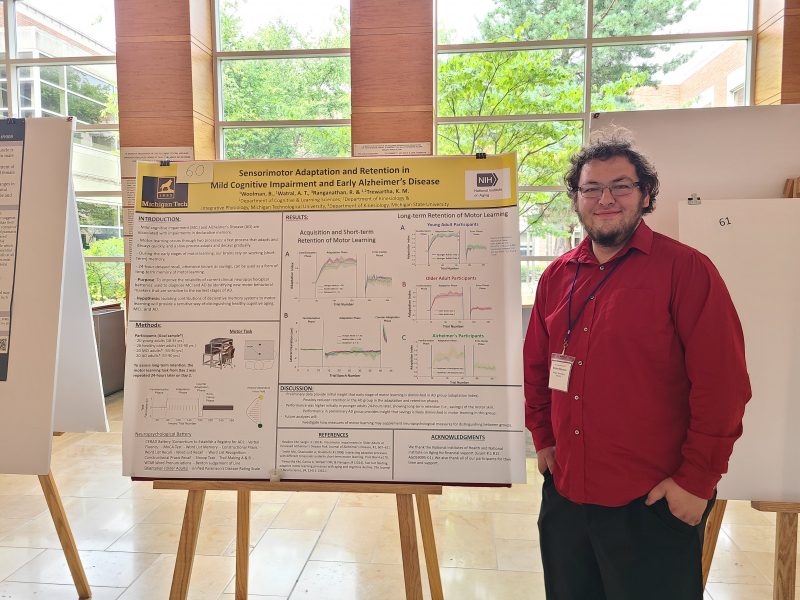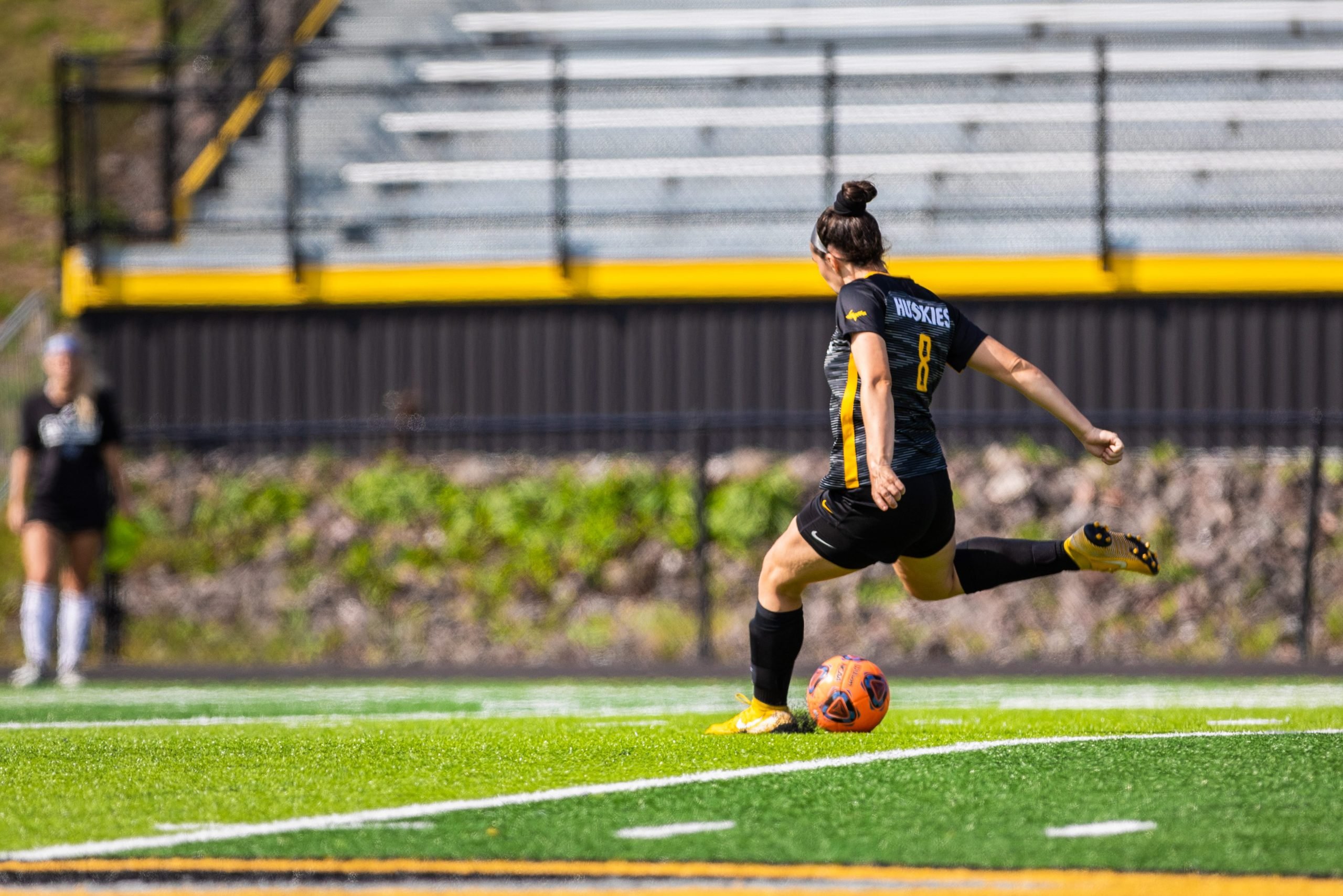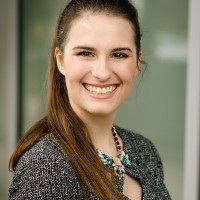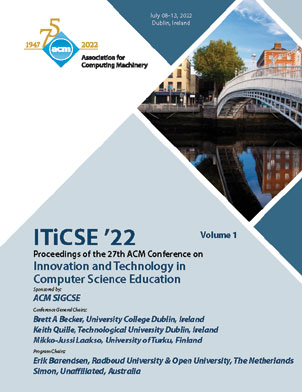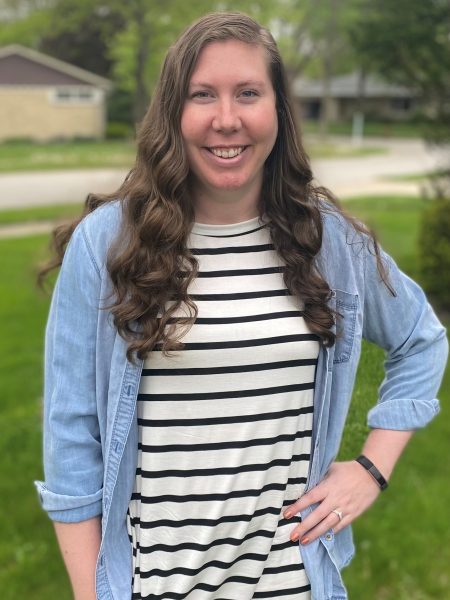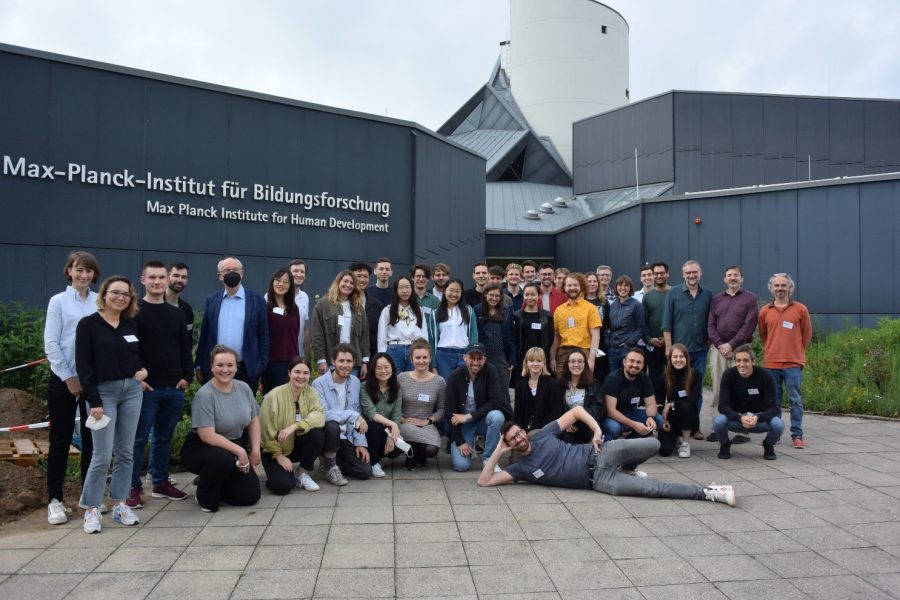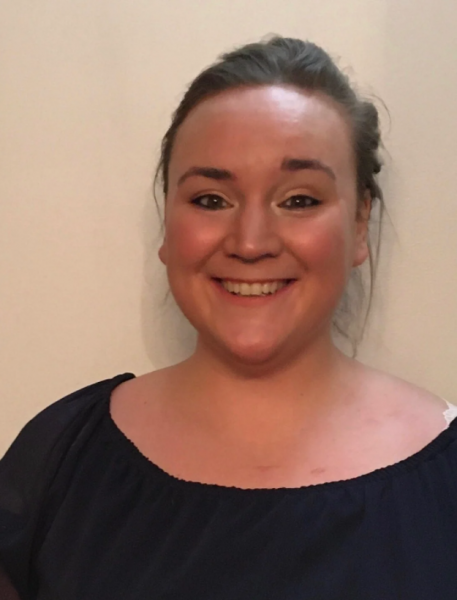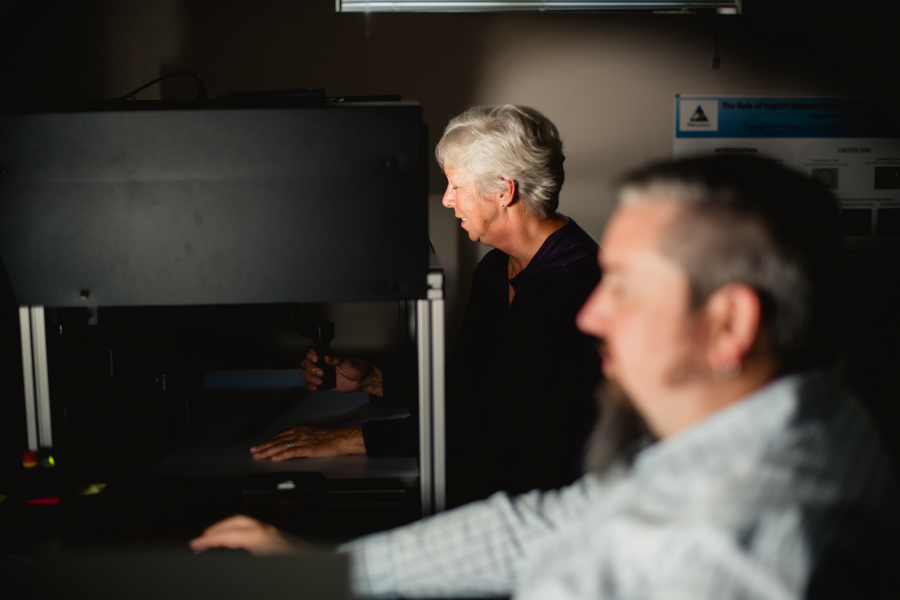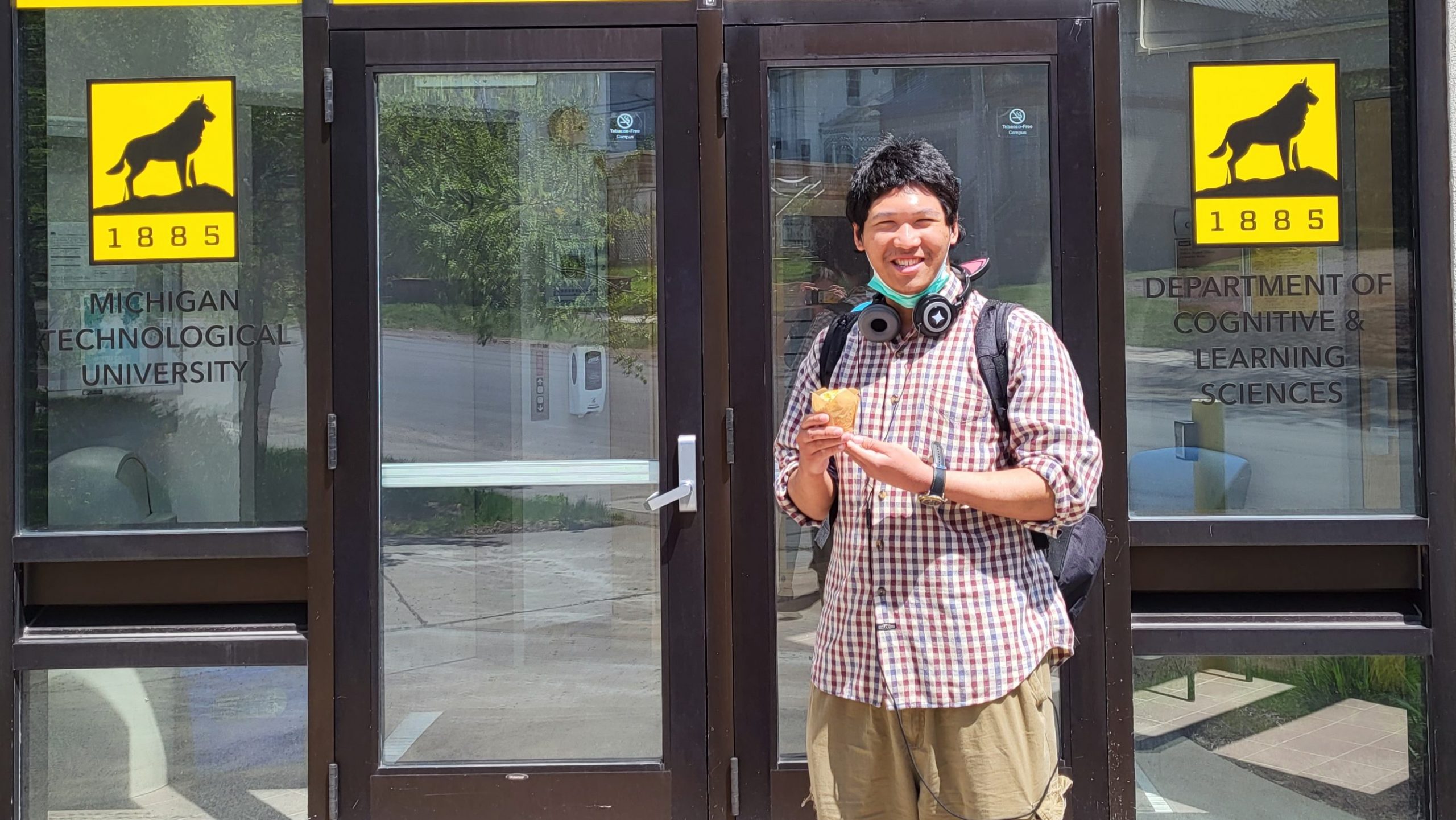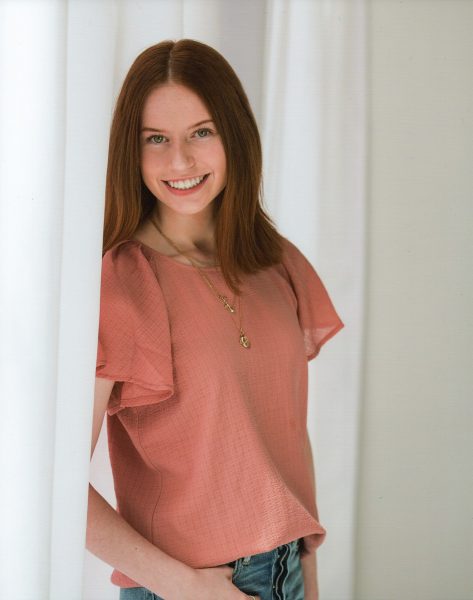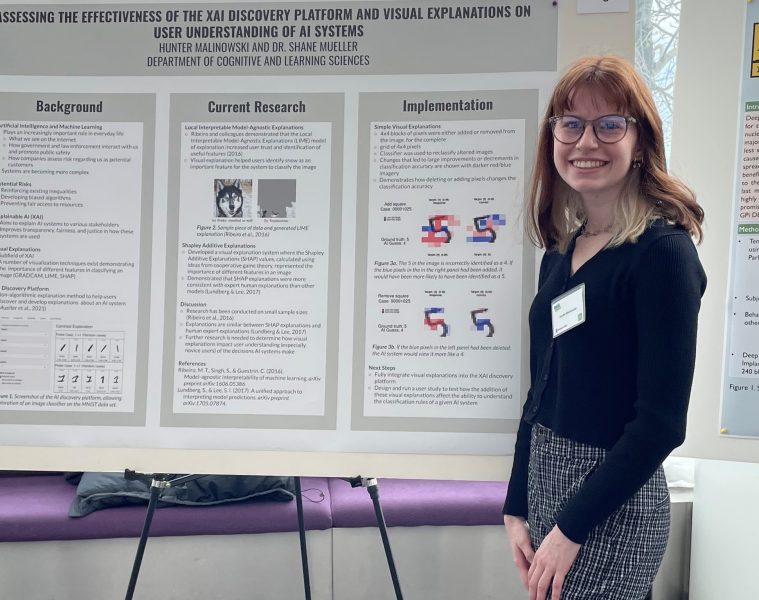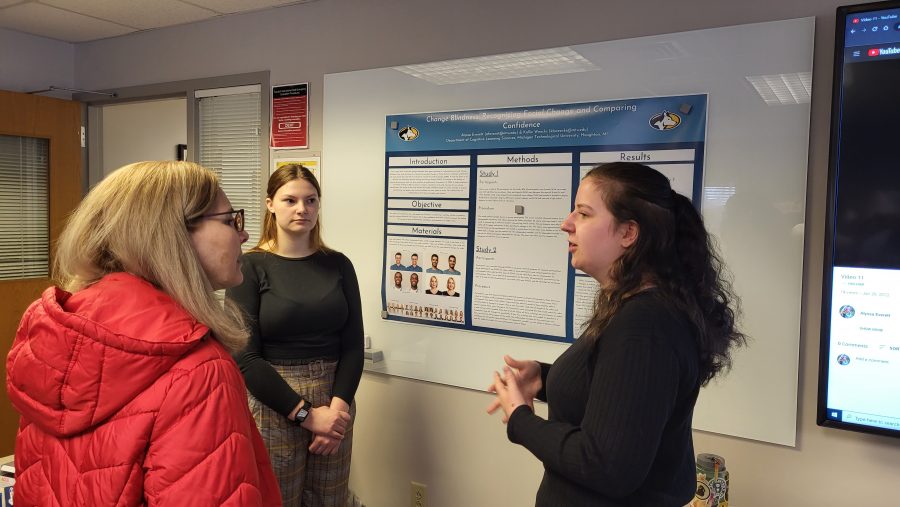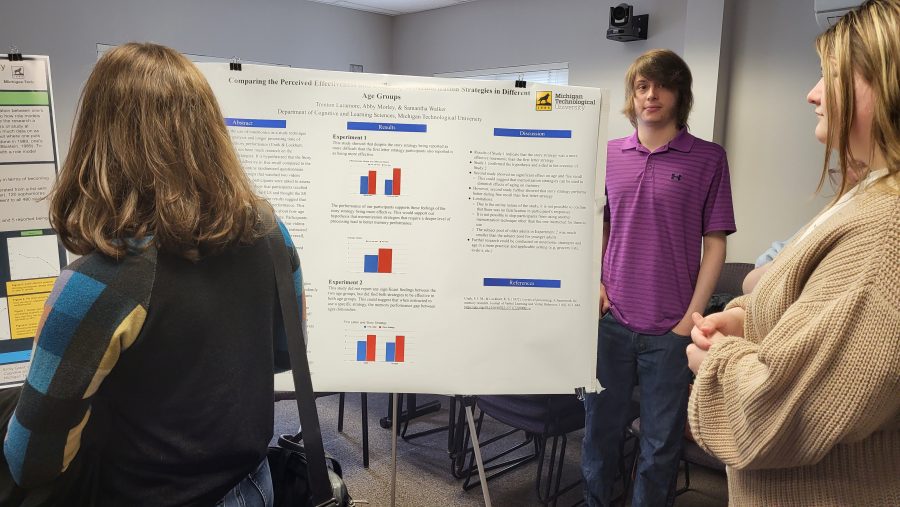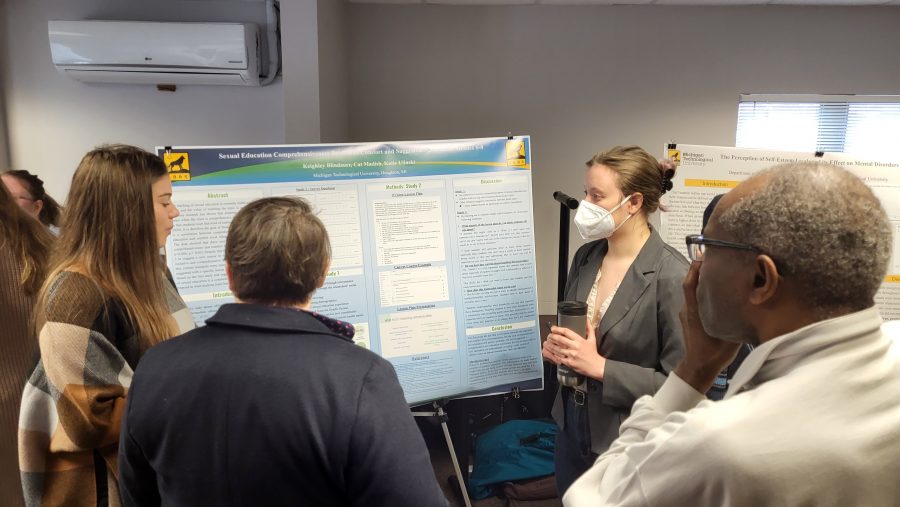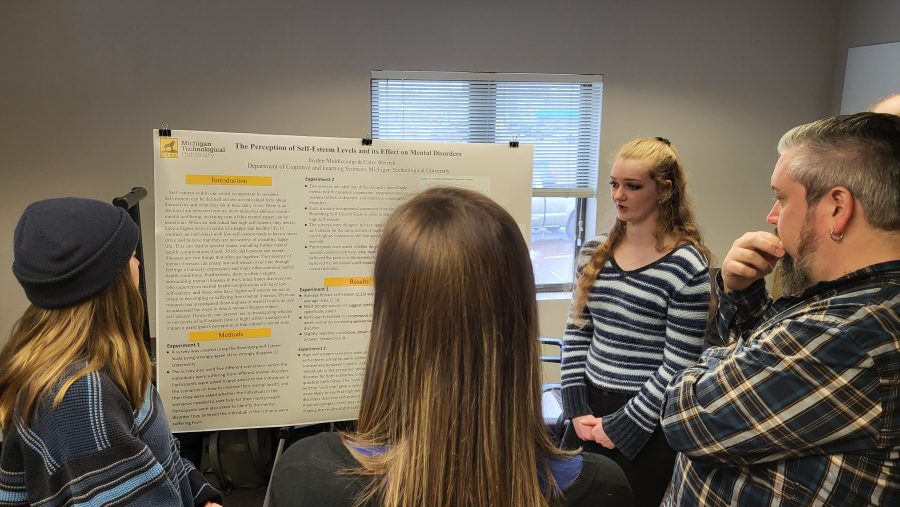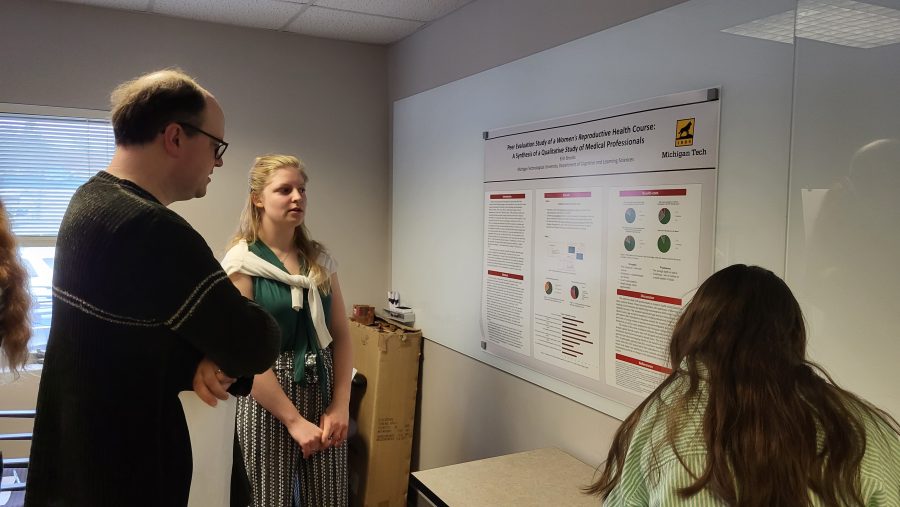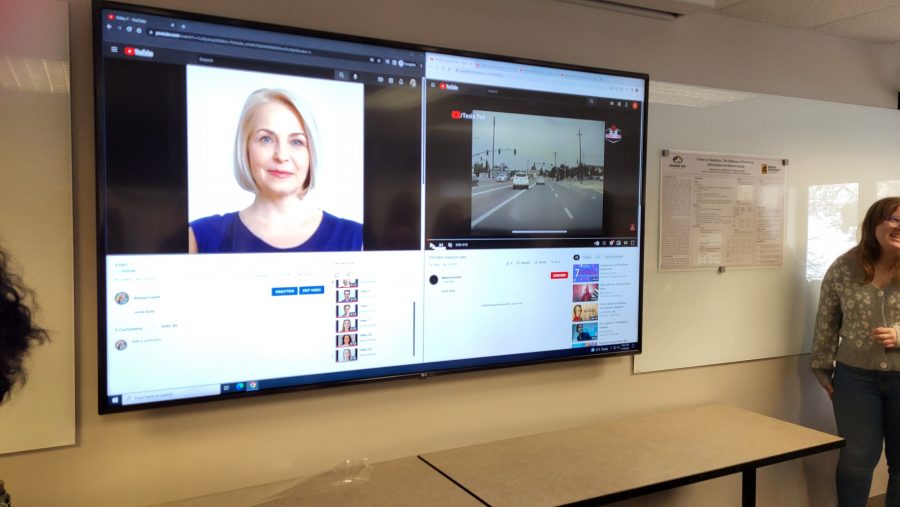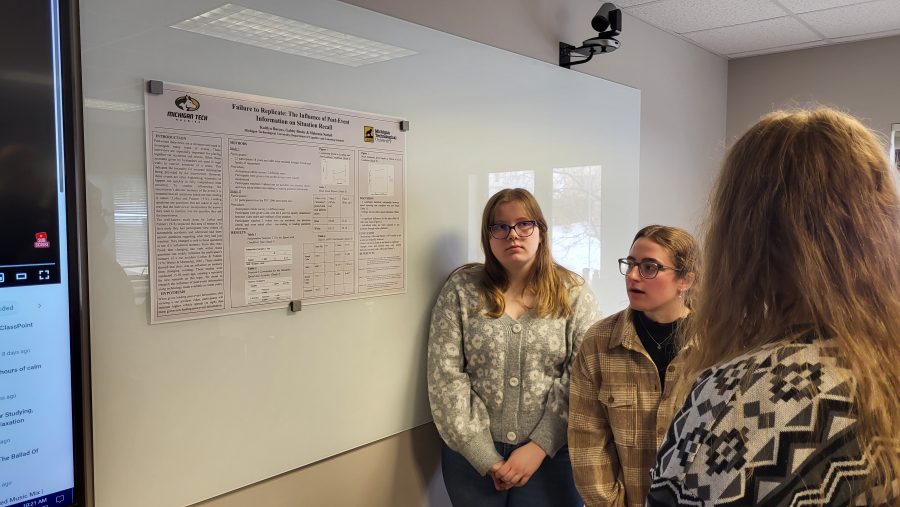Today we are chatting with Zoe Reep, recent Michigan Tech grad who earned her bachelor’s of science in Psychology and Mathematics in spring 2022. This fall she begins her post graduate studies in Clinical/Counseling Social Work at Boston College.
Zoe describes herself as a person who lives with intention and makes decisions—big and small—based on purpose. It is no surprise that she filled her summer “break” with activities and adventures that align with her curiosity and passion for the great outdoors. Let’s let Zoe unpack the details and give us a glimpse of what her purpose-filled living is all about.
Q: We last saw you in late April as your undergrad time at Michigan Tech was ending and your next adventure was about to begin. Where and how did you spend your summer after finishing your bachelor’s degrees?
A: For most of the summer, I split my time working with Michigan Tech’s Outdoor Adventure Program and a local screen-printing shop in Calumet called Monkey Business. I focused on my interests and explored new hobbies such as embroidery, sewing, kombucha brewing, gardening, puzzling, reading, and fly fishing. I also experienced #vanlife and used it as my temporary home for the first couple months. As summer went on, I wanted to do something even more physically and emotionally challenging. Within two-weeks I doubled my paychecks—working 14-16-hour days—packed up my things and hitched a ride out to Colorado with some friends.
The long workdays and foregone sleep to fund my trip was totally worth it! I spent the next 35 days hiking the Colorado Trail, a 486.6 mile trek. It was absolutely incredible and definitely life changing as I met people from all over the country and around the world. Some moments were tough, and sometimes dark, and other times I cried of joy. The experience taught me to be resilient, I even managed to make myself a splint in order to get down the mountains with a leg injury. The views were insane, the hikes were brutal, and the weather was not cooperative—we hiked through many, many thunderstorms.
For those who don’t know about the Colorado Trail, it runs from Denver, CO to Durango, CO, has an elevation gain of 75,000 feet (more than twice the height of Mount Everest), 8 national forests, and 16 mountain passages. Most people who hike the trail as a thru-hike go into town every 3-5 days. For example, I stopped in Breckenridge, Twin Lakes/Leadville, Garfield/Salida, Lake City, and Durango. Most hitchhike to get into town. We definitely came across some interesting characters this way, and even got to ride in a semi-truck!.
Some people stay overnight in town, as we did, and others just resupply and head on their way. I hiked the first half of the trail with some friends I met—a couple from Boston (now moving to California, sadly), and a hiker from South Dakota. One friend from Michigan Tech joined us along the way; the poor guy hiked the worst part—40 miles with 3 water sources, rocky roads and cow pastures, including a decaying cow on the trail. We separated paths from the Boston couple but I’ve been with the hiker, Russ, ever since. We finished the remaining trail route and road tripped it back through Houghton, Petoskey, Grand Rapids, Louisville, Dayton, Cleveland, Niagara, arriving in Boston. In fact, Russ will be moving out to Boston now! 🙂 Overall…summer was wild—and a blast. I documented a lot of it on my “adventure” Instagram account, which I created for my friends who wanted to laugh about my amusing life @2rav4u.
Q: You were part of Dr. Samantha Smith’s Nature Psychology class at Michigan Tech this spring. Were there any takeaways from the course that helped you make the connection between wellness, resilience, and nature?
A: Great question! I took Nature Psych because it dealt with exactly what I wanted to move into post-graduate. So it didn’t really change my direction. However, it definitely created a lot more questions and curiosity for me. It helped me determine that this is exactly the field I want to go into. It gave me all sorts of fantastic connections and brought up a lot of passion for me. It helped me to connect with the local community and gave me tons of resources (in regard to social issues, the role of nature on the mind, local UP history, etc.). Dr. Smith is an incredible professor—I’ve learned a lot from her. I also admire who she is as a human being, which really ties the whole class together: Her curiosity, passions, knowledge, heart, etc. Highly recommend the course 🙂 Absolutely.
Q: You’ve had a four-legged friend along the way. What’s her name and how did she become your travel companion?
A: Murphy is my recently adopted doggo. Her trail names are Wags—because her tail is cropped and is always wagging, uncontrollably. And Bumper—she hiked with a backpack and when she wanted to pass someone on the trail, she would keep bumping them with her pack until they made room for her to pass. I’ve had her for about 7 months, adopting her the day before my birthday. She’s loved by everyone who interacts with her. Here at Boston College, she has already strutted through one of my classes, gotten affection from all over campus, and explored the campus store and buildings. She is very calm and goofy, so she seems to get into any place she wants (i.e. places that don’t allow dogs). Funny, I almost didn’t take her home with me, but I knew I couldn’t end the day without adopting a dog so we became a pair. I was hoping that she would become my trail dog— running, biking, backpacking, etc.—and an unregistered emotional support animal. She has taken on both roles. I am currently planning to certify her as a therapy or facilities dog.
Q: What field of practice will you be focusing on for your post graduate studies and how does this align with your purpose?
A: I am really interested in Wilderness Therapy. I’m toying with the idea of pursuing a PhD in this realm or becoming a Wilderness Therapy practitioner. I think there is a lot of research still to be done in this field and I’m super excited to help pave the way to a more effective and safe way to use nature to heal.
Nature has been a huge source of healing for me—through coping with anxiety, depression, seasonal affective disorder, and disordered eating. It has taught me a lot about the way my mind works (stressors, relaxers, etc), encouraging me to love my body and mind for the work that it can do (thinking, running, etc), and has strengthened my characteristics such as confidence, creativity, emotional regulation, etc.
At Boston College, I will be working toward my Masters in Social Work. I am currently taking four classes and will be starting a field placement as a middle-school counselor. The school just received a therapy dog, so I hope to bring Murphy in as well. I also have a part-time job at a rock climbing gym teaching youth classes and covering the front desk. Why rock climbing? After spending last summer as a wilderness therapy guide, I learned how effective rock climbing is when working on skills such as emotional regulation, confidence, anxiety reduction, teamwork/trust, etc. It is all very interconnected.
Read more about Dr. Smith’s Nature Psychology course and other related stories in the links below.
Related stories:
Huskies Follow the Research Trail to Explore the Psychology of Nature
Samantha Smith Selected for Deans’ Teaching Showcase
Follow us on Instagram and Facebook at @clsmtu
Photo credit: Zoe Reep
